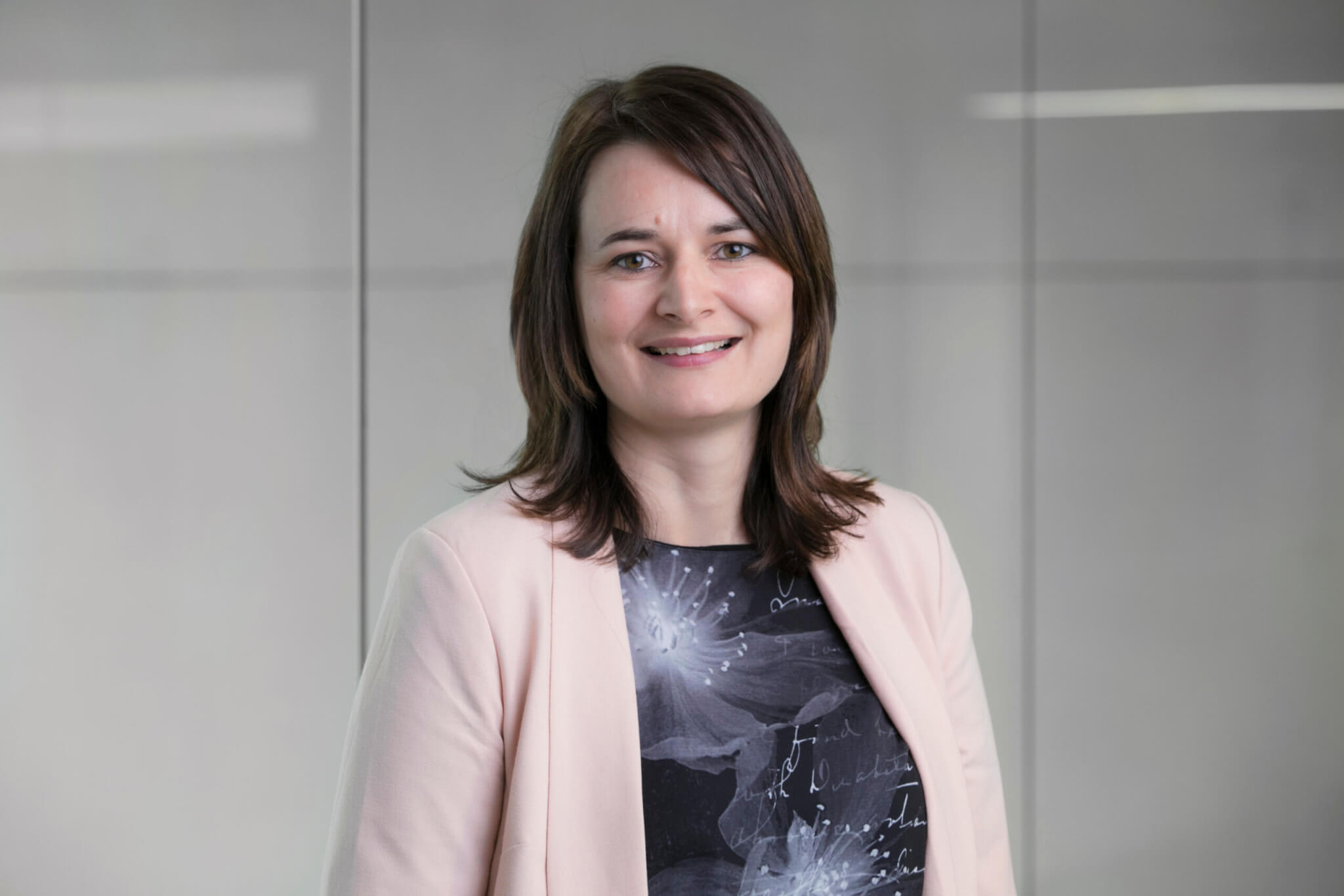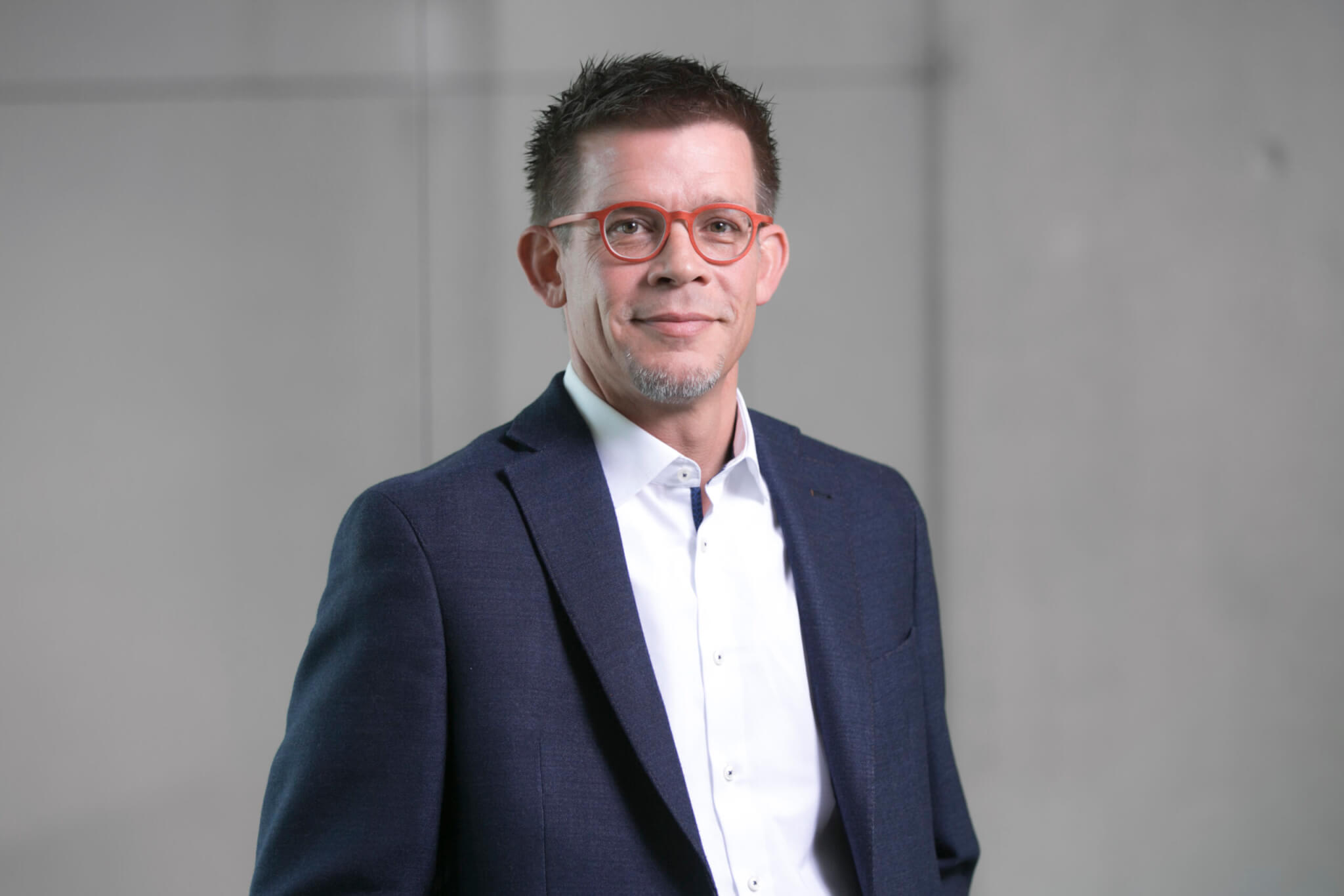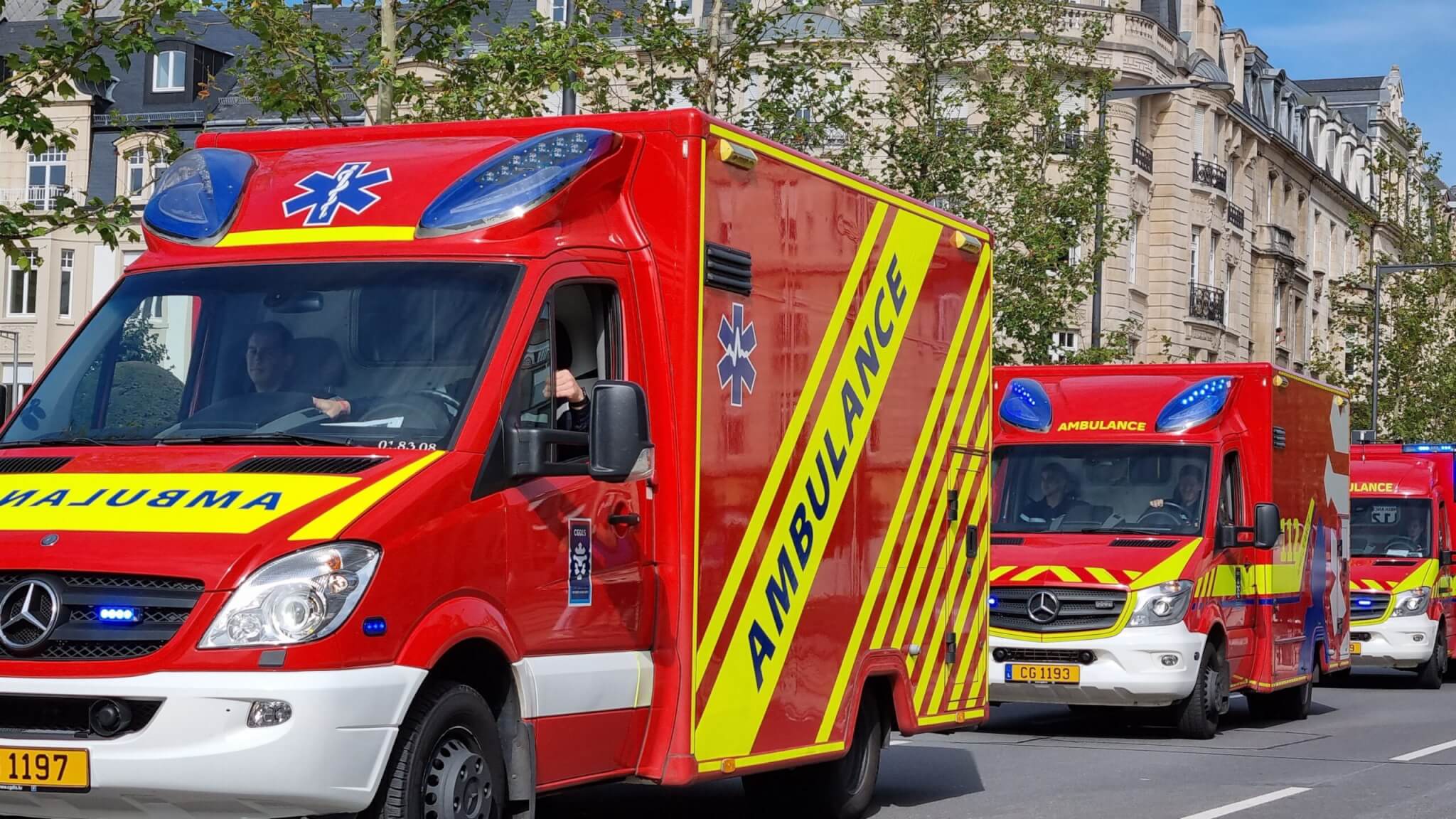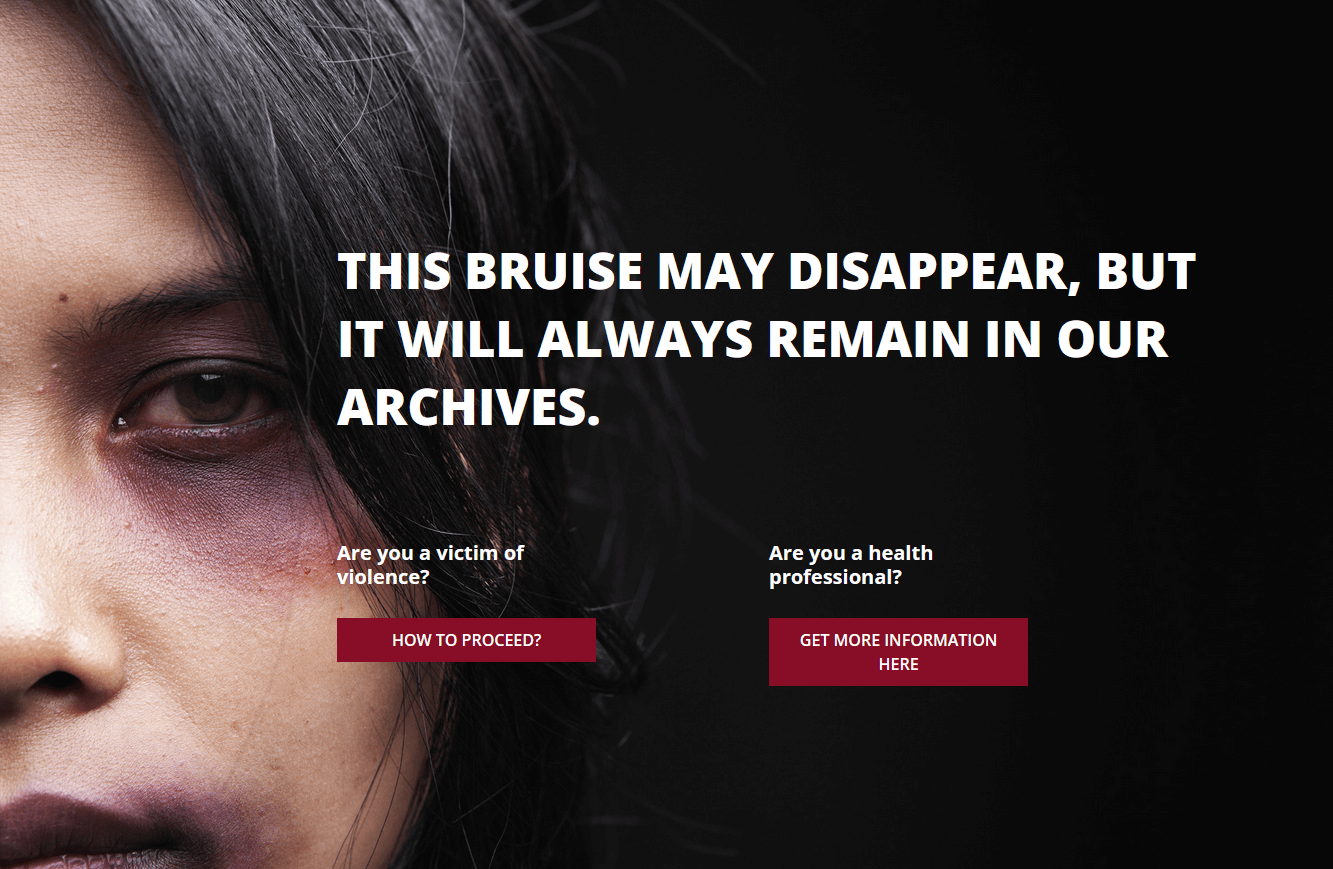This website uses cookies so that we can provide you with the best user experience possible. Cookie information is stored in your browser and performs functions such as recognising you when you return to our website and helping our team to understand which sections of the website you find most interesting and useful.
Disaster victim identification: LNS Forensic Medicine experts take part in national large-scale exercise
Disasters can strike anytime and anywhere. In order to be perfectly prepared for a possible emergency, the LNS Department of Forensic Medicine took part in a Disaster Victim Identification (DVI) exercise in April 2022; the perfect occasion for the department to provide its comprehensive expertise.
Part of a sustainable approach for Luxembourg
DVI stands for a globally applied procedure for the identification of deceased persons in the aftermath of disasters. Forensic experts with various specialisations work hand in hand, as Dr Thorsten Schwark, ad interim head of Legal Medicine Department, underlines: “Forensic pathologists begin by collecting post-mortem data. This is then individualised by geneticists, dentists or fingerprint experts, and compared with ante-mortem information collected by the police. Usually, this amalgamation of data leads to reliable victim identification.”
To ensure a uniform approach to DVI around the globe, Interpol has developed appropriate guidelines and forms. These are also applied in Luxembourg, where the LNS Forensic Medicine Department is one of the cornerstones of the sustainable national DVI approach, Dr Martine Schaul, forensic pathologist, explains: “In the context of DVI, we work very closely with the crime scene investigators of the Luxembourg police (Police technique) as well as with a dentist with forensic expertise. As LNS, we provide our forensic patho-morphological as well as our genetic expertise.”
High-level preparedness for emergencies
Five experts from LNS took part in the joint exercise last spring. The “actual disaster” took place in a hall near the airport, where a typical scenario was staged. In the given case, a terror attack with a car was simulated, and the participants practiced securing the scene, body recovery and securing the effects for identification. The collection of post-mortem data was then simulated realistically in the LNS morgue. In order to comply with Interpol standards also with regard to forensic implementation, all experts involved have been trained accordingly and are thus prepared for an emergency – which will hopefully never occur, as Thorsten Schwark explains:
“Luxembourg has been spared such catastrophes in the recent years. However, no one can guarantee that this will always be the case. In principle, such an event can occur at any time, and then we have to be prepared for the worst. Exercises and regular training help us to ensure quick and unequivocal identification of the bodies in the event of a case, to reliably inform families concerned, and to enable a thorough criminal investigation. A deployment abroad could also be required; for example, there are concrete discussions in Europe about sending a Luxembourg DVI team to Ukraine, in which LNS forensic pathologists would then also be involved.”



No dem erfollegräichen interdisziplinären Training fille mir eis fir den Eeschtfall gutt virbereet.
Dr Martine Schaul
Forensic Pathologist








